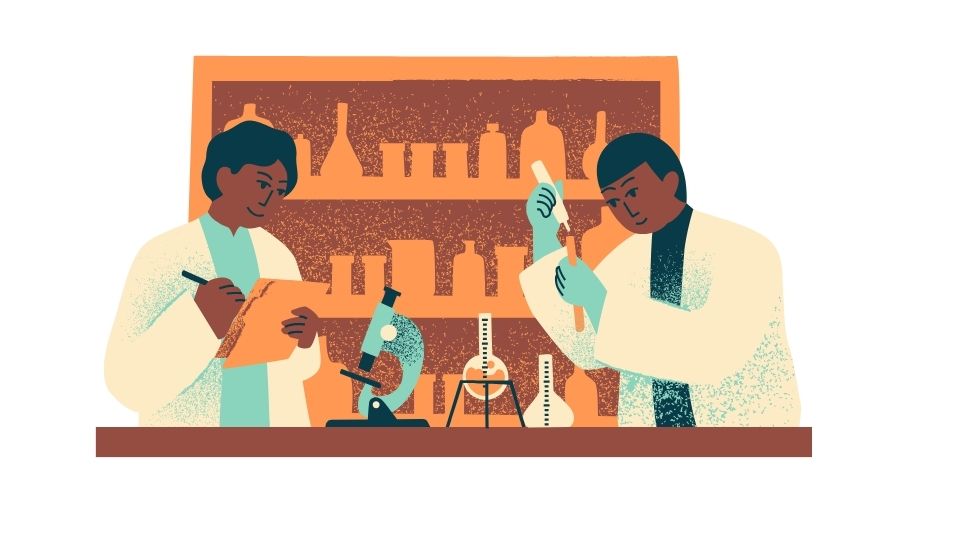The pharmacy industry isn’t just pills and prescriptions anymore. It’s a rapidly evolving field where science meets technology, and if you’re wondering whether it’s worth pursuing as a career path, the answer is a qualified yes – with some important caveats.
Let me break down what’s happening in pharma, where the opportunities are, and how to position yourself for success in this complex industry. Spoiler alert: it’s not all lab coats and clinical trials anymore.

Is Big Pharma Still a Good Career Bet?
The global pharmaceutical market is absolutely booming. We’re talking about a U.S. pharmacy market projected to hit $861.67 billion by 2028.
But here’s what’s really interesting – the industry is being completely transformed by breakthrough technologies:
- Gene and cell therapy (job postings up 400% since 2019)
- AI-driven drug discovery
- Digital health innovations
- Biologics manufacturing
This isn’t your grandparent’s pharmaceutical industry. The game has changed, and so have the players.
The Hot Jobs Nobody Told You About
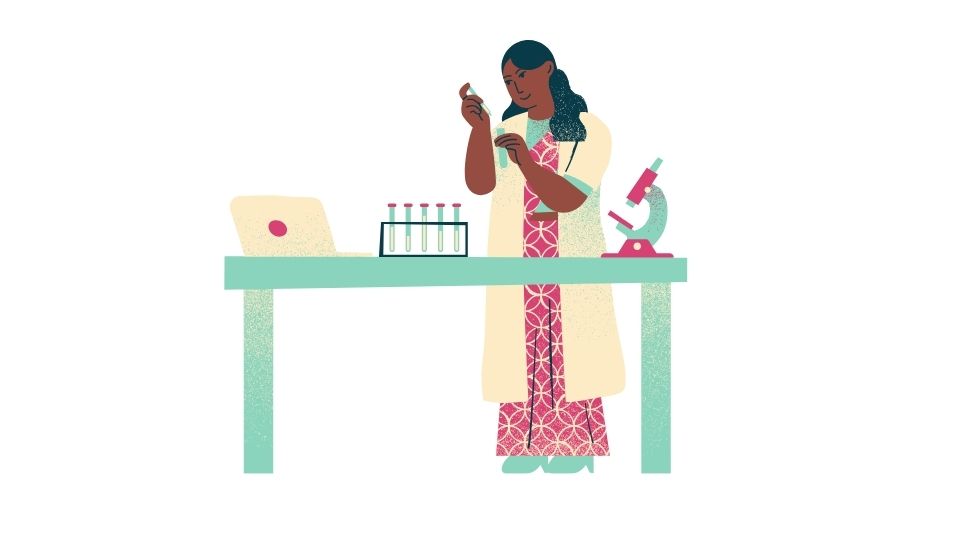
Forget what you thought you knew about pharmaceutical careers. While traditional R&D roles still exist, the real growth is happening at the intersection of science and technology.
Data Science and AI Specialists
Companies are betting big on artificial intelligence. How big? AI implementation could generate $254 billion in profits for pharma by 2030. If you can build machine learning models that speed up drug discovery or optimize clinical trials, you’re going to be in high demand.
Regulatory Affairs Experts
As therapies get more complex, so do the regulations. Someone has to navigate the labyrinth of global compliance requirements, and those people are paid very well. With biologics and gene therapies, the regulatory landscape is constantly shifting.
Clinical Research Associates (CRAs)
Clinical trials for cancer treatments and rare diseases are getting increasingly sophisticated. CRAs who can manage these complex studies are vital to pharmaceutical success.
Bioprocess Engineers
Think of these folks as the wizards who figure out how to manufacture biological products at scale. With biologics taking over more of the market, these engineers are gold.
Medical Science Liaisons (MSLs)
These are the bridge-builders between pharma companies and healthcare providers. They translate complex scientific advances into information doctors can use.
Clinical Data Scientists
Raw data is useless without someone to make sense of it. These scientists combine statistical skills with visualization to turn trial data into actionable insights.
It’s Not Just What You Know, It’s How You Work
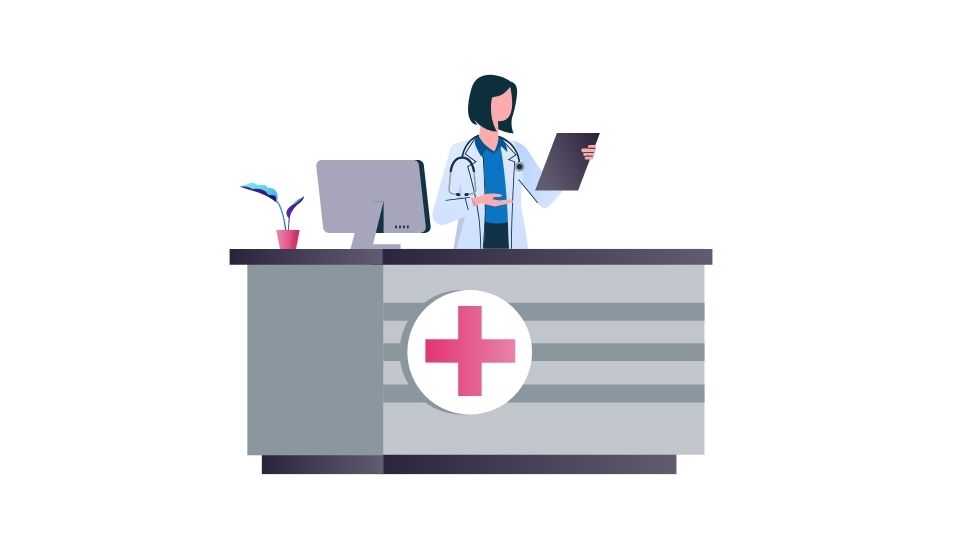
Here’s something that might surprise you: 85% of job success in pharma comes from soft skills, not technical abilities.
The technical stuff gets you in the door:
- Python and R for data analysis
- AI and machine learning expertise
- Bioinformatics knowledge
- Regulatory submission experience
But what makes you successful is how you:
- Communicate complex ideas
- Work across functions and departments
- Adapt to rapid change
- Think strategically about business problems
In 2025, the pharma professionals who thrive will be those who can bridge the gap between scientific expertise and business acumen. They’ll speak the language of both the lab and the boardroom.
The Not-So-Rosy Reality Check
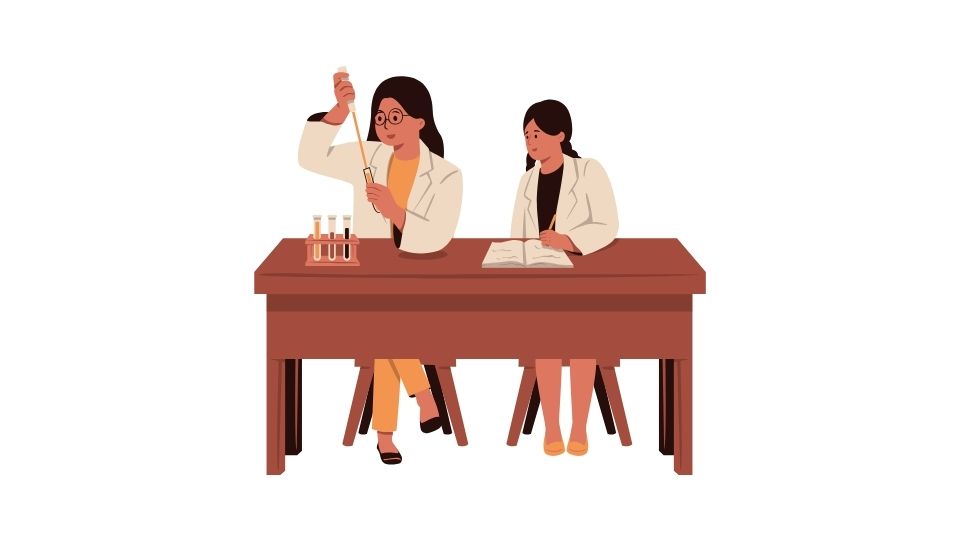
I wouldn’t be giving you the full picture if I didn’t mention the challenges. The pharmaceutical job market is tough and competitive.
Many companies still have hiring freezes or are only looking for candidates with extremely specific skills. Entry-level positions are scarce, and even experienced professionals face stiff competition.
Geography matters too. The biotech hubs (Boston, San Diego, San Francisco) dominate the job market, and remote opportunities have decreased significantly. If you’re not in a hub, you’re at a disadvantage unless you’re willing to relocate.
And that freelance safety net? It’s more like a frayed rope these days. The contract market is oversaturated and less reliable than before.
Show Me The Money
Despite these challenges, salaries in certain pharma sectors have seen surprising growth. If you position yourself strategically in emerging fields like:
- AI-driven drug discovery
- Gene therapy
- Regulatory intelligence
- Digital health
You can build a rewarding, stable career with excellent compensation. The key is specialization in high-growth areas where demand outstrips supply.
The Bottom Line: Adapt or Get Left Behind
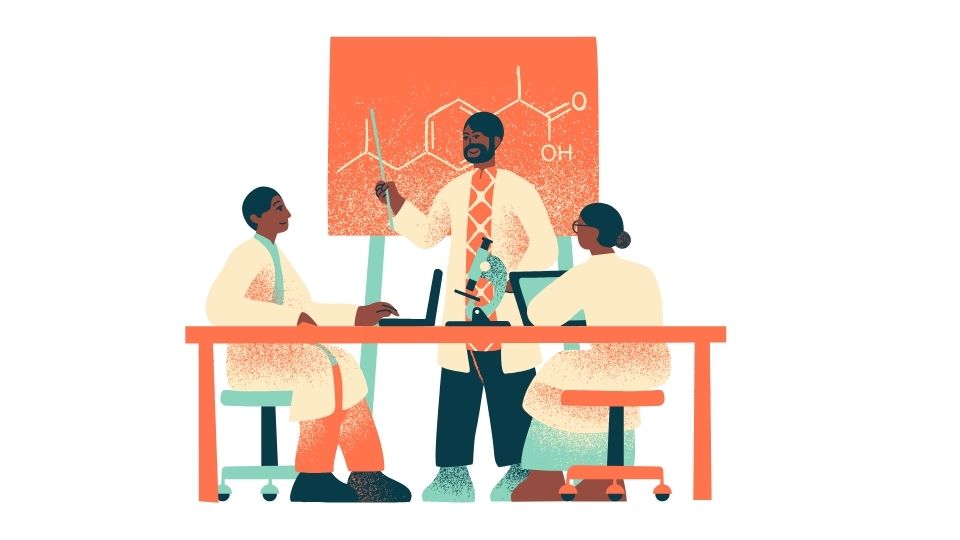
Pharmaceutical careers can still be incredibly rewarding for those willing to specialize, embrace innovation, and develop both technical and people skills.
The industry has strong growth pockets, especially around biotech, AI, and regulatory domains. But it’s not a field where you can coast on old knowledge or resist change.
If you’re considering this path, focus on emerging roles like:
- AI specialist
- Regulatory affairs expert
- Clinical data scientist
- Bioprocess engineer
And cultivate those soft skills that will make you invaluable in a rapidly evolving industry.
The pharmaceutical world is changing faster than ever before. The question isn’t whether it’s a good career path – it’s whether you’re prepared to change along with it.

